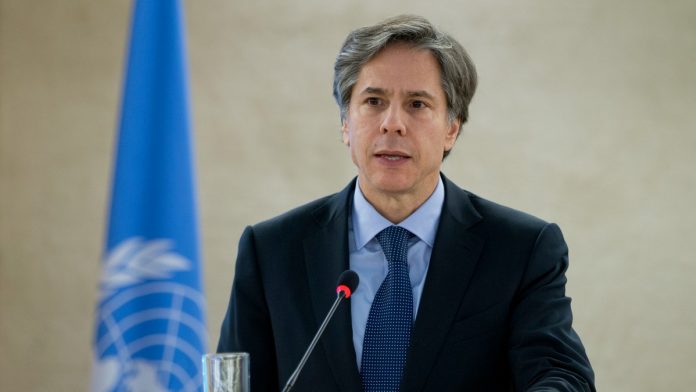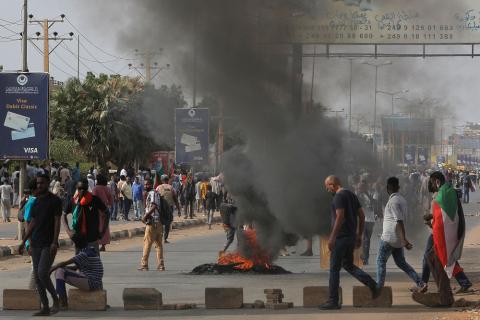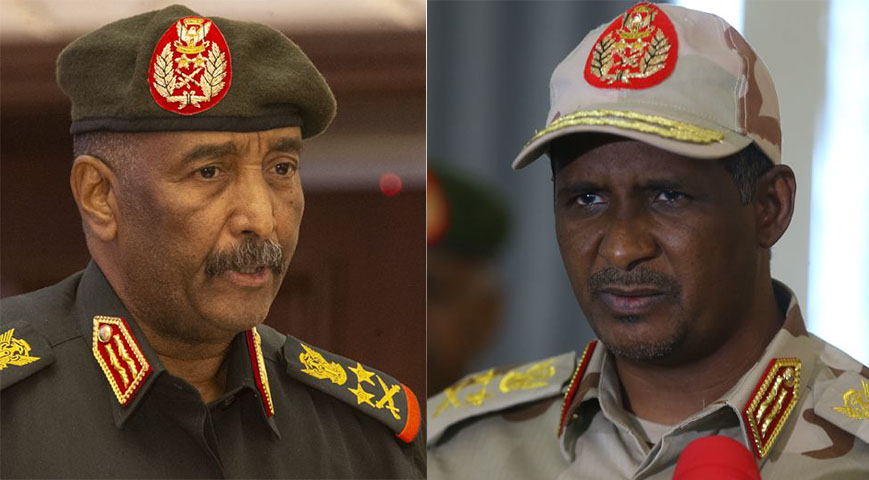The United States has invited Sudan's warring factions to Switzerland for ceasefire talks, which are scheduled to begin on August 14, 2024.
This initiative, led by Secretary of State Antony Blinken, aims to facilitate US-mediated negotiations between Sudan's army and the paramilitary Rapid Support Forces (RSF). Blinken emphasized America's dedication to ending the conflict that has devastated Sudan, leading to significant displacement and famine threats.

Mohamed Hamdan Daglo, RSF's commander, confirmed their participation in the talks via social media. The protracted conflict, which has lasted over a year, pits the regular military under army chief Abdel Fattah al-Burhan against the RSF, led by Daglo, his former deputy.
Did you read this?
The war has caused tens of thousands of deaths and displaced over 10 million people, with two million seeking refuge in neighboring countries, as per United Nations reports.
Previous peace negotiations in Jeddah, Saudi Arabia, and subsequent mediation attempts, including efforts by the African Union, have failed to halt the fighting. The Swiss talks aim to establish a nationwide ceasefire, ensure humanitarian aid access, and create a monitoring mechanism for any agreement reached.
Saudi Arabia will co-host the US-mediated discussions, with the African Union, Egypt, the United Arab Emirates, and the United Nations participating as observers.

State Department spokesman Matthew Miller underscored the absence of a military solution and the necessity of these talks to resolve the conflict. He acknowledged the challenges but stressed the importance of returning the parties to the negotiating table.
Both the Sudanese military and the RSF face accusations of war crimes, including targeting civilians and obstructing humanitarian aid. The conflict has led to a severe humanitarian crisis, with nearly 26 million people experiencing acute food insecurity.
Earlier indirect talks in Geneva, facilitated by the UN, were deemed an encouraging step towards addressing humanitarian issues and protecting civilians.









